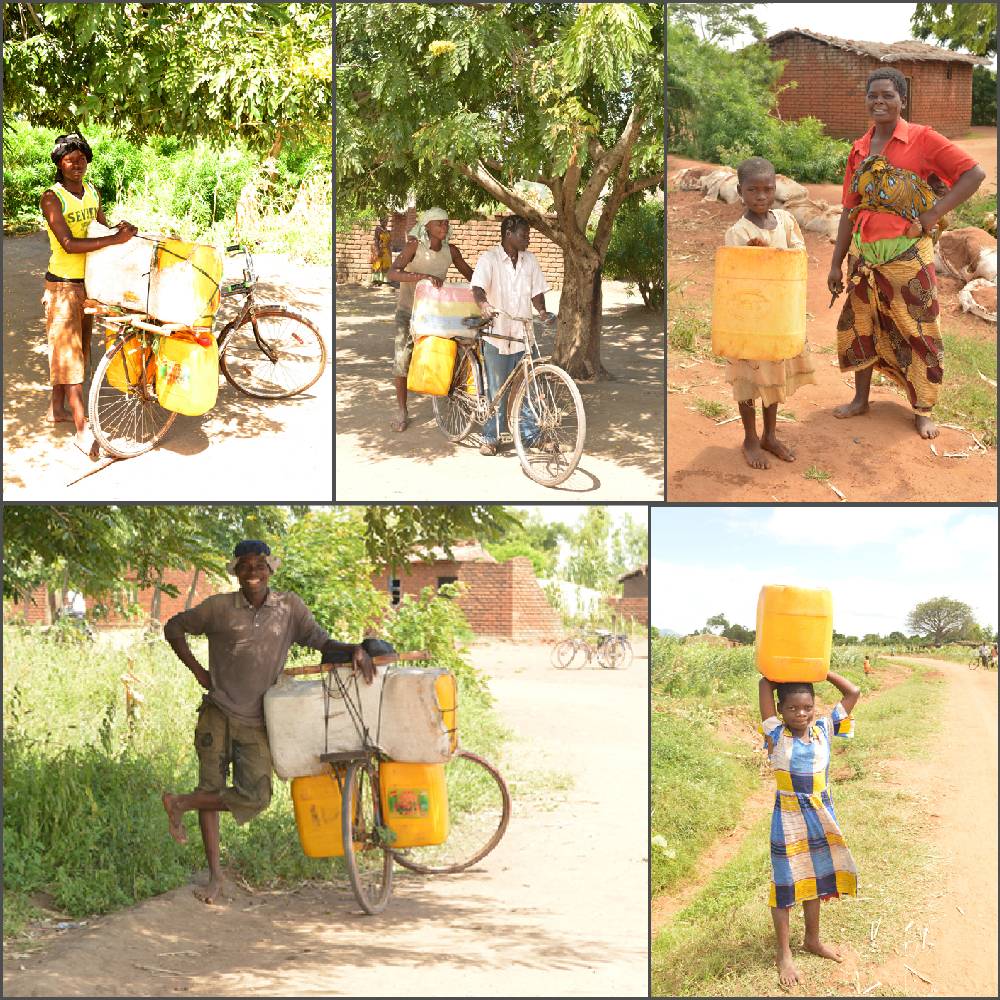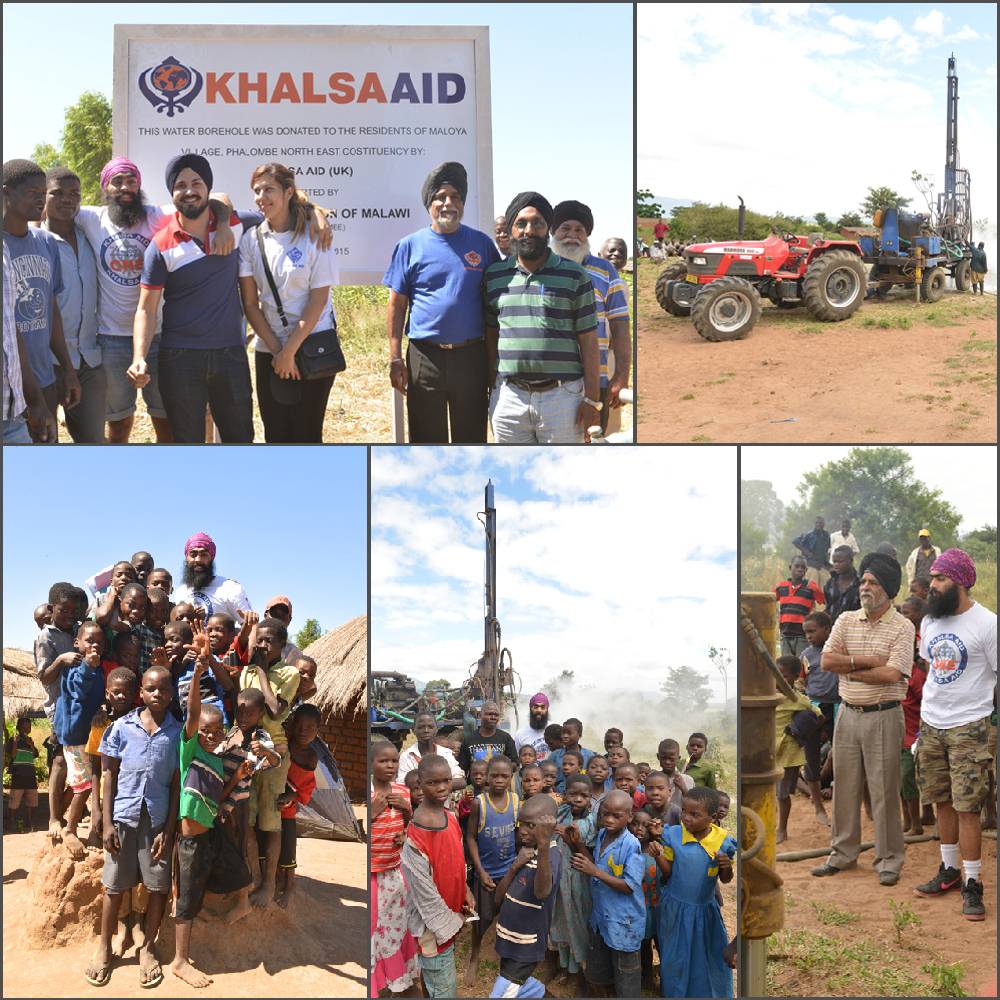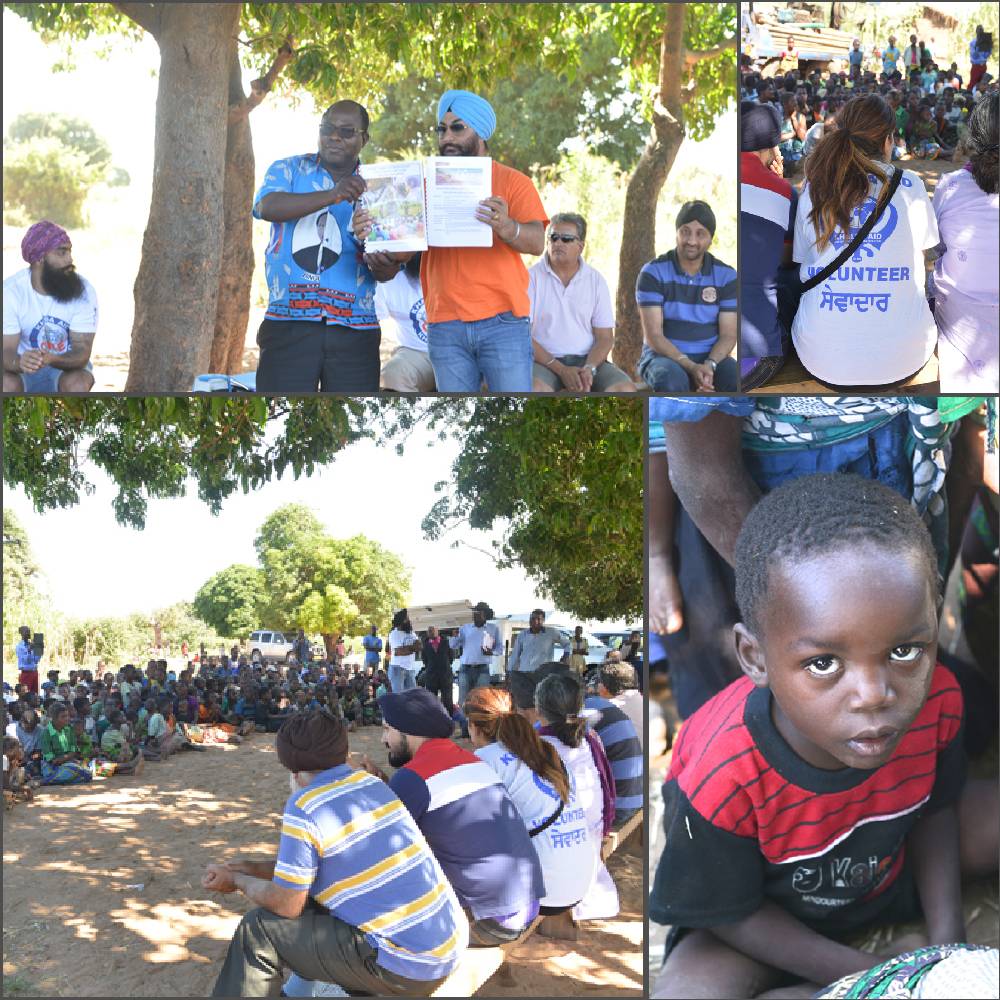Drinking water for flood victims in Malawi
In February 2015, heavy rains hit the Phalombe region in the North East Constituency of Malawi. The river banks flooded which created havoc for the local communities there, with initial estimates that 174,000 people were affected. UNICEF and the Malawi government released the official figures outlining the floods affected over 230,000 people. Local communities and villages were completely uprooted and their homes completely destroyed, forcing people to relocate to a different region. Total damages were estimated to be above $50 million, which for citizens of Malawi was a staggering loss to bear. The UNICEF and the Malawi government launched a series of relief programs to support displaced citizens which included providing basic shelter & healthcare facilities. One of the largest challenges was to create an infrastructure so that communities could once again become functional and people could get back to the daily routine of their lives.
A relief team from Khalsa Aid visited the region to make an initial assessment. Upon review, it was found that many people no longer had access to clean drinking water. After the floods receded, there was increased difficulty for people to have access to drinking water due to the damaged infrastructure. In many instances the people of Phalombe had to walk for miles or take a bicycle and carry the buckets of water themselves.

The Khalsa Aid team engaged with local communities, government and contractors to begin the process of creating a permanent water source for the community. Khalsa Aid volunteers quickly mobilised the drilling resources with the help of local communities and authorities. The drilling process started and after some hours of drilling a suitable water well was located.

After the drilling process was successfully completed, the final phase of the process started. In this phase, volunteers built a platform on top of the water well to include a hand pump. This would make it very easy for the local people to fetch the water from the well as and when needed. The entire construction of the platform was undertaken by volunteers with support from specialist contractors.

At the end of the entire day’s work, the team organised a orientation session where the community gathered along with the village administrative authorities. The team prepared manuals which explained how to use and maintain the water pump. The session was run with local administrative authorities in the region.
The Khalsa Aid team have planned to drill 5 bore holes in total in the Phalombe region so that the accessibility of water wasn’t an issue for local communities. We thank the local authorities in Malawi for their diligent support and their assistance with the entire project. We will always keep striving to help the people of Malawi in the best way we can.


